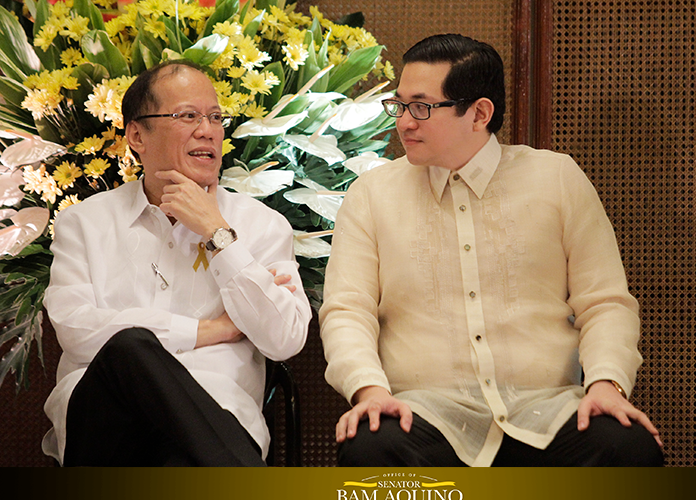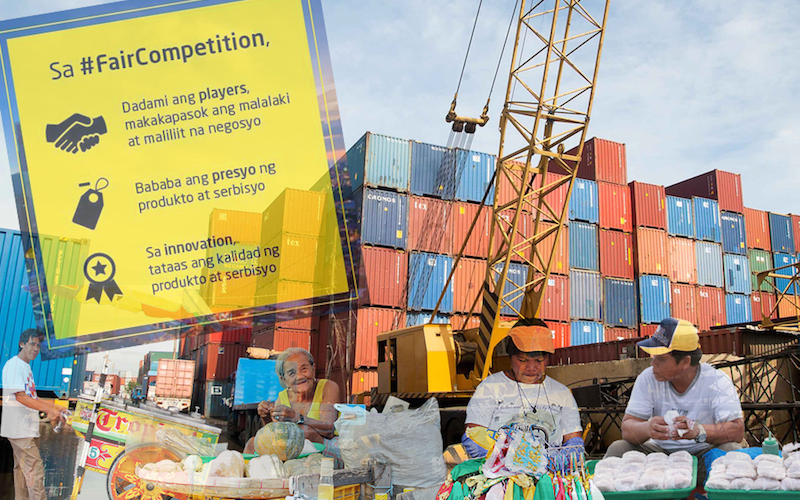Senate Bill No. 170: Trabaho Center In Schools Act
This year marks the final stage of the K-12 curriculum roll out with the nationwide implementation of Senior High School (SHS). An additional two years of secondary schooling will provide specialized academic tracks to prepare students for postsecondary education or alternatively, equip them for employment directly after high
school.
There is a need to follow through on the intent of K to 12 and provide the infrastructure for Senior High School graduates who chose to enter employment to be able to find those opportunities.The creation of a job placement office through the Trabaho Center aims to address this need.
There are three main things that the Trabaho Center shall focus on: Career Counseling Services, Employment Facilitation and Industry Matching.
Career Counseling Services shall be offered to help guide the students on the tracks they choose in Senior High School.
Employment Facilitation is envisioned to assist the needs of a job seeker or the senior high school student. This includes but shall not be limited to resume writing, pre-employment seminars and job fairs.
Industry Matching on the other hand aims to address the needs of the industries by providing graduate listings and resume profiling of students to companies. Close coordination with PESO and TESDA are also needed to have a thorough database of job opportunities in the localities and to immediately coordinate further training that might be needed with TESDA based on particular employment opportunities.
The Trabaho Center is envisioned to be the first institutionalized office in all senior high schools that is mandated to aid in facilitating employment for all Senior High School graduates.
Through the Trabaho Center, the needs of our nation’s graduates, businesses in the country, and the vision of the Department of Education come together to make the most of our curriculum reform and help us move closer to shared prosperity.
In view of the foregoing, the approval of this bill is earnestly sought.


Recent Comments